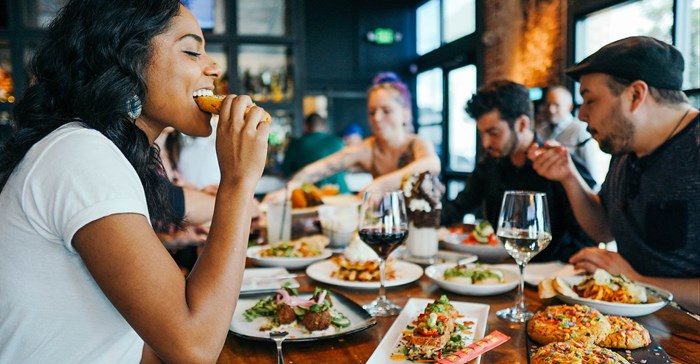The rise of the influencing industry has been a dominant trend for years, with online personalities promoting various products and building lucrative empires through their massive followings.
Brands often hire these influencers as part of their marketing strategy, paying them handsomely for their promotional efforts on social media platforms, however, there’s a new shift happening that’s catching attention – de-influencing.
A growing phenomeon
De-influencing is here, and it’s exactly what is sounds like.
De-influencing is a growing phenomenon, and is exactly what it sounds like. Influencers are now advising their followers what not to buy, use, or consume. Some influencers are even debunking marketing hype around products, taking a complete 180 on the traditional approach of promoting consumerism. While the premise of de-influencing may seem admirable in its aim to reduce over- consumerism and reject the constant need for the latest and greatest products, it raises questions, especially for marketing professionals.
One of the questions is whether de-influencing is still a form of influencing. According to the definition of influencing from the Cambridge Dictionary, “it is the power to have an effect on people or things.”
Influencers have been a driving force in the significant increase in people searching for brands or products online, contributing to almost 45% of the growth in the social media marketing space. Some influencers have made their fortunes through their influencing activities.
Freedom of speech
However, there are more complex considerations at play. When does freedom of speech and uninformed or unintentional brand damage lead to legal consequences? While gluttonous consumerism is a concern, at what point do influencers with a worldwide platform and significant reach clash with brands? How far would a brand be willing to go to be punitive towards inflammatory or damaging content, even if malice was not intended?
Even those who are on the deinfluencing train are still making money through influencing. That’s the job - inferring and projecting their personal opinions about products or brands with the express interest of influencing others. But when do these opinions, whether informed or not, collide with brands?
Past cases, such as Oprah being sued by cattle industry executives or the Kardashians being paid millions for a single post, or Ronaldo allegedly affecting Coke’s share price by moving coke bottles out of the screen during a press conference and encouraging people to drink water, highlight the potential conflicts between influencers and brands.
The legal implications and consequences of deinfluencing are complex, and raise important questions for the marketing industry to debate and navigate in this evolving landscape.








































